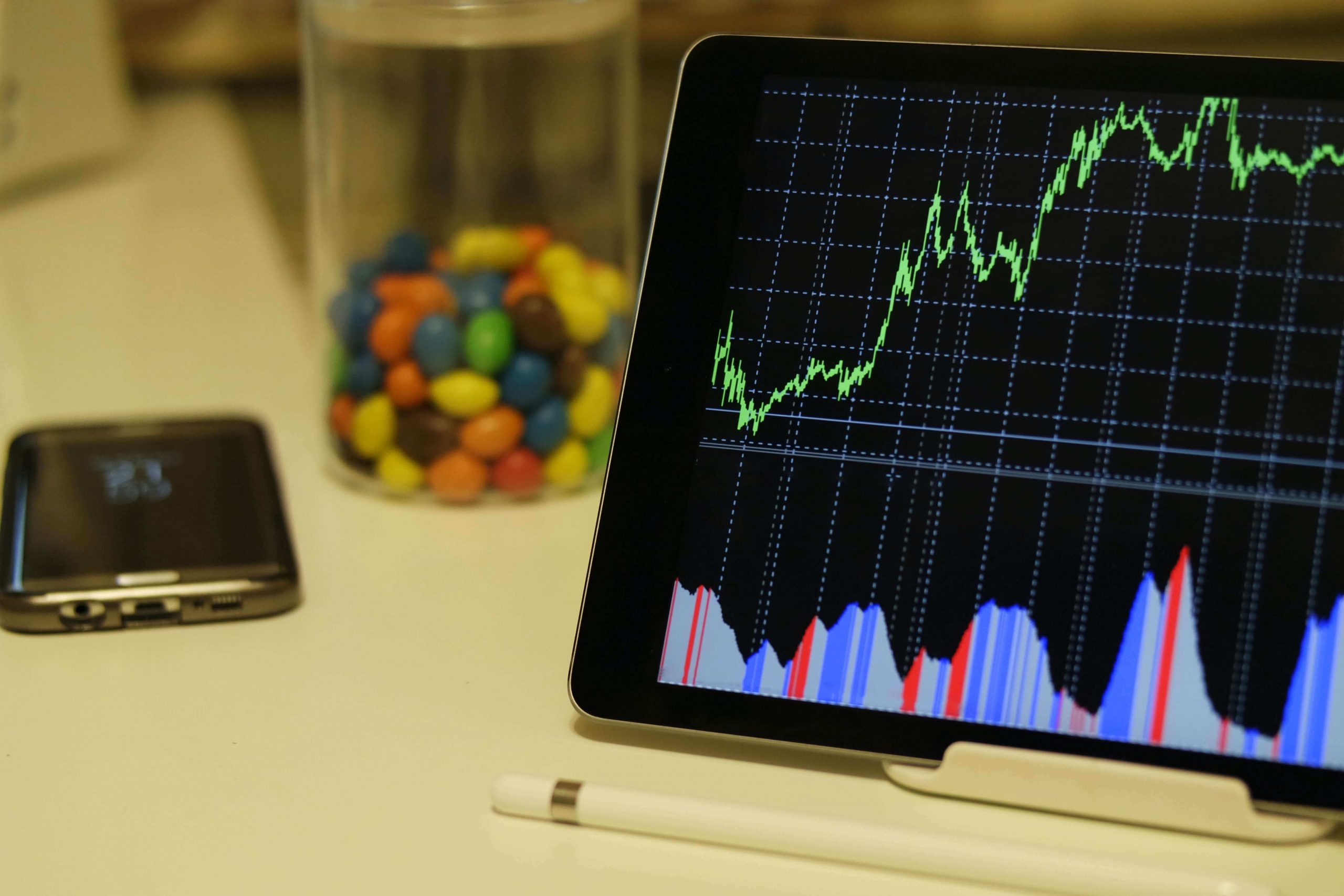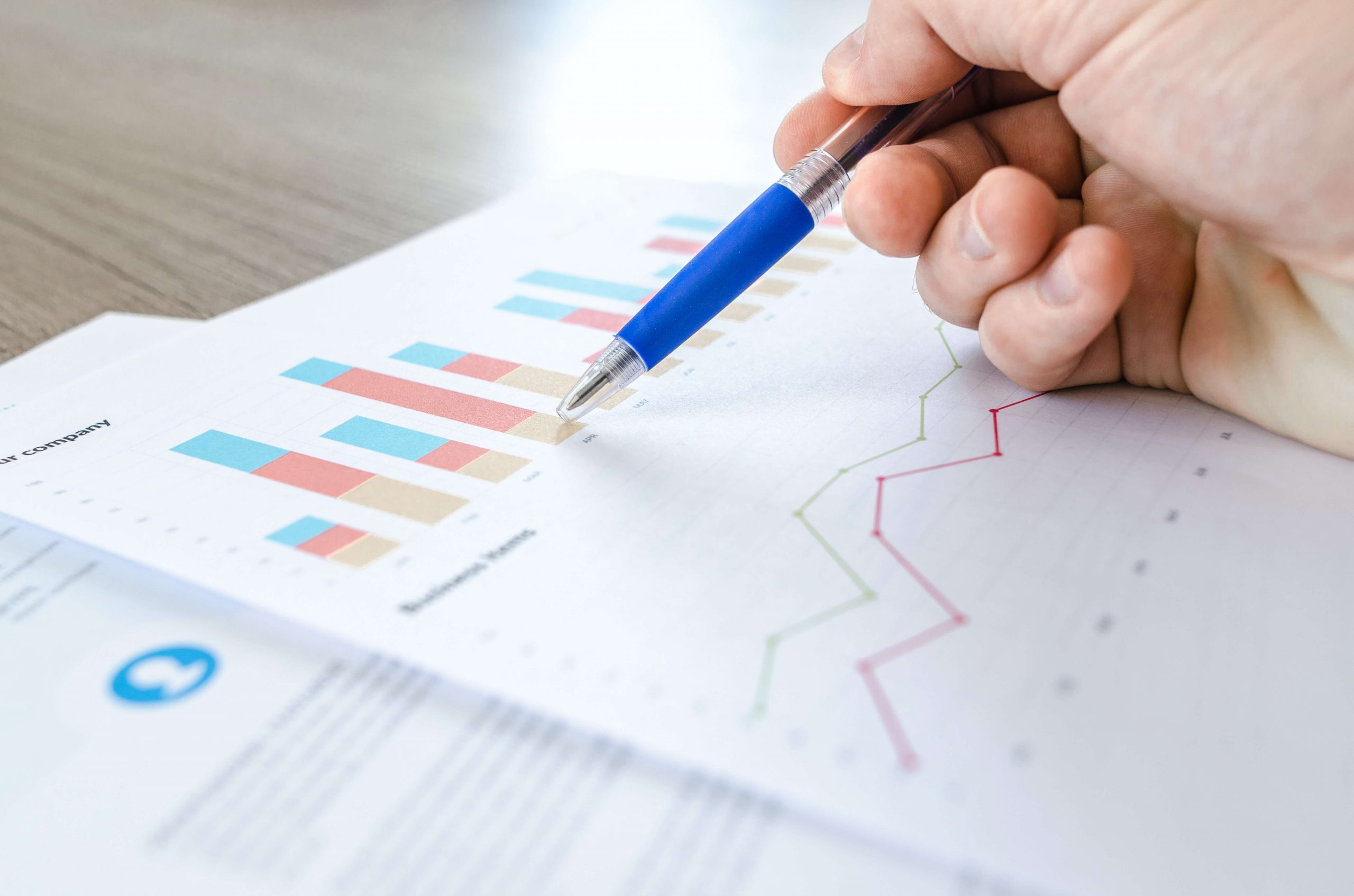The amount of data in the world that we’re living in has increased exponentially. But where is all this data coming from? To put it in simple words, each of us generates data with every interaction we have with our devices (i.e., computers, phones, etc.). This means that every activity we do that involves the use of our devices—every time we stream a movie, a podcast, or a song, every time we buy something with our debit card, every time we read something online—we create data.
We create billions of data records daily. With all of this data around us, we need someone who will read, understand, and interpret data. There are numerous jobs out there that offer this service and all of them fall into two categories: data science and data analytics. In this article, we’re going to be detailing the similarities and differences between the two fields.
What Is Data Science?
Data science can be defined as a combination of disciplines that engineer value from data. It combines programming skills, domain expertise, and the knowledge of statistics and mathematics to extract relevant insights from the analyzed data.
Data scientist job responsibilities
Data scientists perform many activities while on the clock. Here are some of them.
- Developing tools to automate the data collection process
- Acquiring data
- Processing and cleaning data
- Integrating and storing data
- Investigating and analyzing data
- Applying data science techniques, such as machine learning, artificial intelligence, and statistical modeling
- Measuring and presenting results to shareholders
Education
The level of education required depends on the job you’re applying for. You can enter the field with a bachelor’s in data science, computer science, math, information technology, or any other related field. The higher up the ladder you want to climb, the higher your educational level should be.
Data science skills
We can say that the skills someone possesses are almost equally important as education. So, here’s a list of the skills that one who wants to work in the data science field should develop.
| Math & Statistics | Communication & Visualization | Domain Knowledge & Soft Skills | Programming & Database skills |
|
|
|
|
What Is Data Analytics?
Data analytics can be defined as the field that works in analyzing raw data with the intention of identifying trends and patterns so that the answers that the companies or corporations want to know are found.
Data analyst job responsibilities
Not all the jobs in data analytics share the same responsibilities. However, more often than not, they overlap. Here we’re going to list the responsibilities of data analyst as one of the most well-known jobs in this field:
- Collecting data from diversified sources
- Effectively organizing data to identify underlying relationships
- Analyzing results
- Identifying trends and patterns in the data sets
- Transforming them into graphs, charts, and other forms of visualizations
- Reporting the data results back to the relevant members of the company/business they work in
Education
One thing should be made clear from the beginning; the level of education you should obtain depends on the data analytics job you want to be working in. For an entry-level job, a bachelor’s degree in computer science, finance, statistics, mathematics, or economics is recommended. As for jobs higher up the ladder, one may need to advance their academic level by getting a master’s in data analytics.
Data analytics skills
To succeed in the data analytics industry, one needs to have a combination of education and skills. We already tackled the education aspect, so now let’s focus on the skills one needs to perform well in this field:
- Machine learning
- Structured Query Language (SQL)
- R or Python
- Statistical programming
- Data visualization
- Presentation skills
- Critical thinking
- Microsoft Excel
Data Science vs. Data Analytics: Career Path & Salary
Both data science and data analytics are lucrative careers. More and more businesses are using the power of customer data to improve their services and revenues, and who else other than data scientists and analysts are going to help them with these data.
According to two job and recruiting sites like Glassdoor and Indeed, the salaries can go up to $123,462 for jobs in data science and up to $95,000 for data analytics positions.
Benefits of working in data science & data analytics
There are several benefits that you can have if you work in one of these fields. Find them listed below.
✅ Request information on BAU's programs TODAY!
| Perks of Working in Data Science | Perks of Working in Data Analytics |
|
|
Can a data analyst become a data scientist and vice versa?
Data science and data analytics jobs are quite similar, so much so that many people even confuse and use them interchangeably. But exactly how alike are they, and can a data scientist do what a data analyst does and the other way around?
Firstly, to land a job in data science and data analytics, one has to hold a degree in one of the quantitative fields like computer science, mathematics, computer science, or even a business degree with a concentration in analytics. While there isn’t anything out there that can stop you from transitioning from a data analyst position to a data scientist, there is sure a lot to go through to reach that goal.
According to a study by Burtch Works, in 2019, approximately 94% of data scientists out there held a master’s or doctorate degree. In other words, a data scientist job position might require you to obtain an advanced educational level, as opposed to a data analyst position.
A study conducted by IBM showed that only 6% of the data analyst job postings require a master’s degree. This means that a data analyst can transition to a data scientist, they just need to commit to advancing their education, and they’ll get there. As for a data scientist to become a data analyst, the opportunity is there; you just need the will to do so.
The Difference Between Data Science and Data Analytics
When we start comparing things, we tend to expect to find a great difference. This isn’t always the case, just as data science and data analytics will come to prove. Practically, they are two sides of the same coin; they both deal with data. A single difference can be found in what these two terms entail.
Data science is a broader term that includes all the fields with the primary focus on data mining and interpretation. Data analytics happens to be one of the fields under the data science umbrella.
Which One Should I Choose?: Data Science vs. Data Analytics
The answer to this question relies entirely on you, your educational background, and your objectives. Those fields are open to all those that fulfill their requirements and feel that they belong in that particular industry. So, the final decision is up to you.
We hope that through this article, you have an idea of which of these two fields is the best option to help you achieve your career goals. Even though they’re quite similar, a small difference can play a huge role in your decision-making process. Whichever your final decision is, Bay Atlantic University offers both a Bachelor’s degree in Data Science and a Master’s degree in Big Data Analytics. We hope we’ll be seeing you on campus. Until then, keep on creating data.












